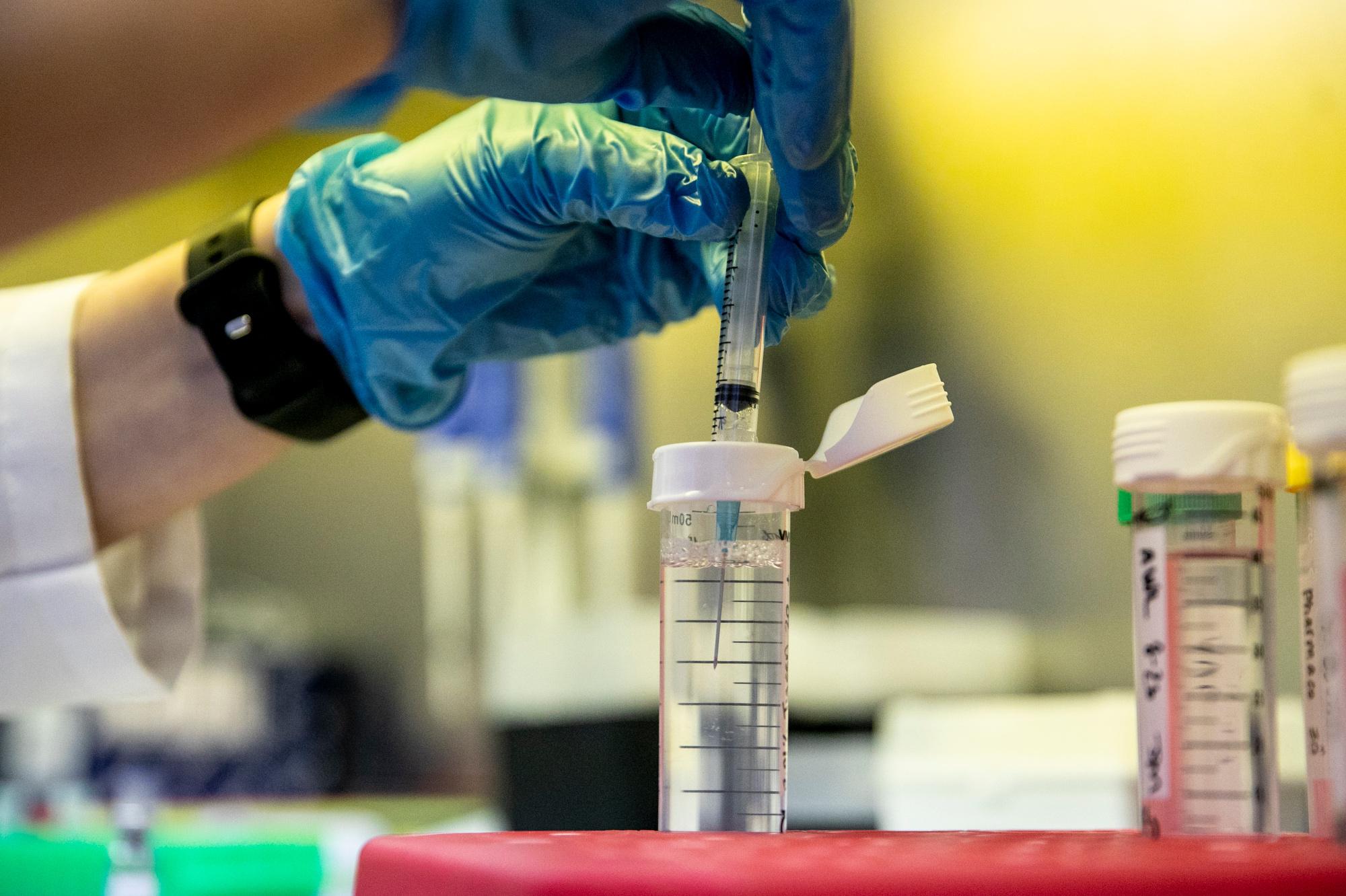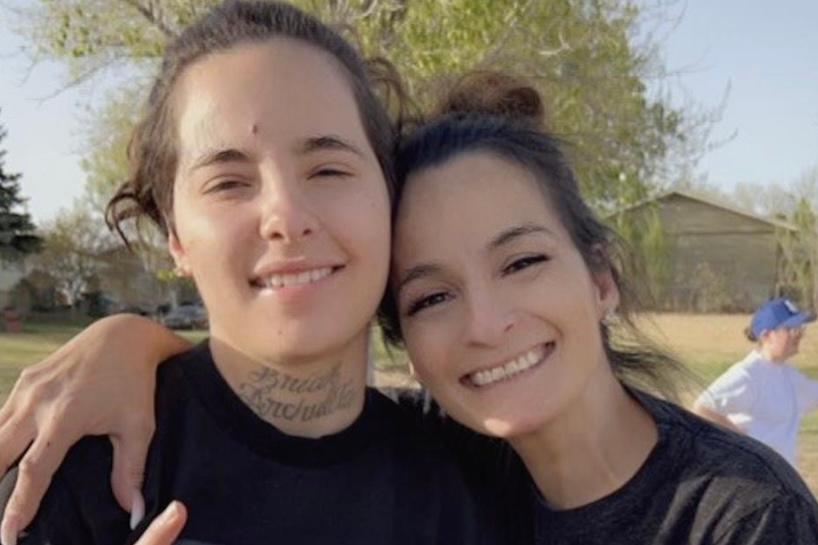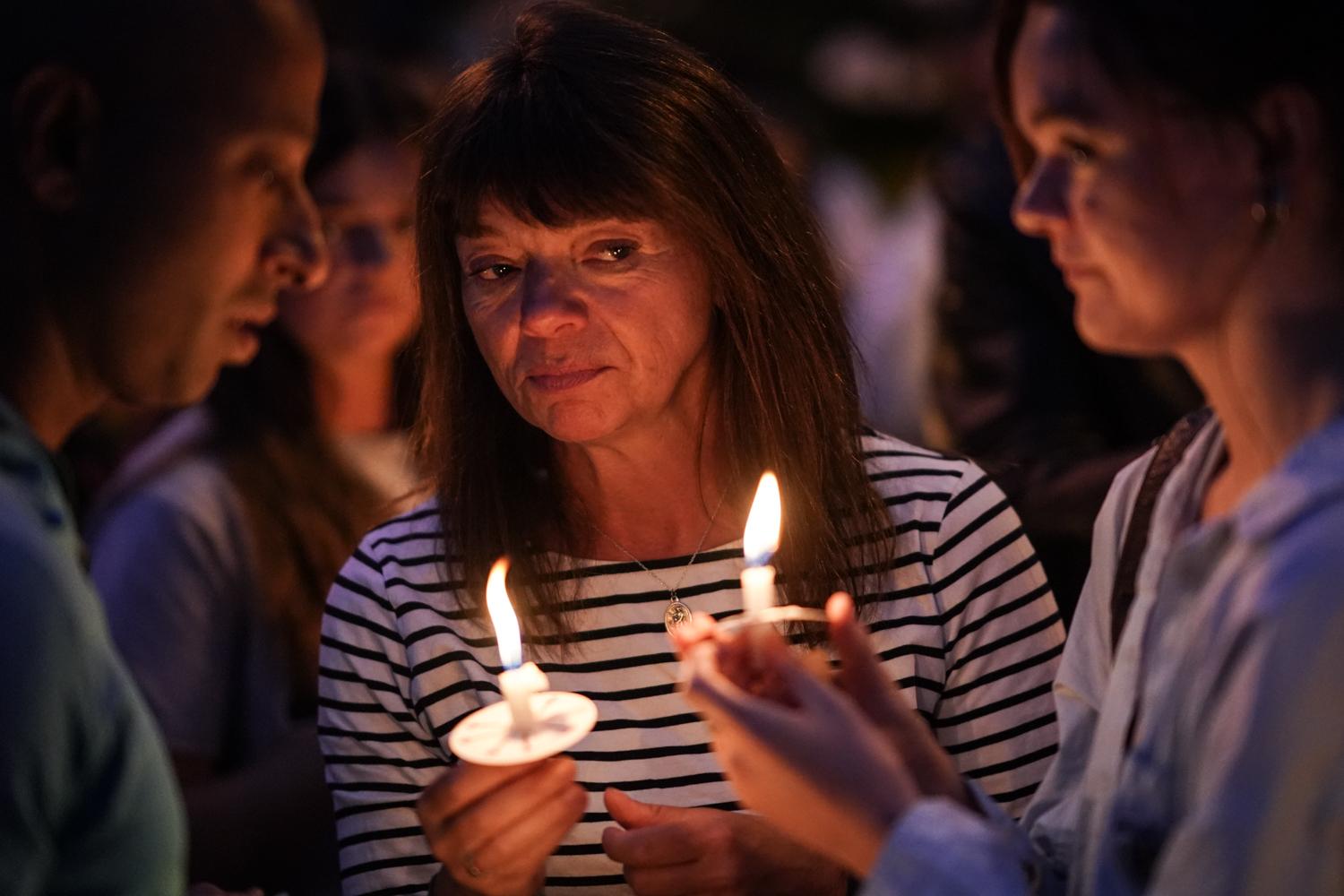
The omicron variant of COVID-19 was detected in Boulder’s wastewater, the state announced today, indicating community spread of the new variant.
“We're unable to quantify how many cases that detection in the Boulder municipal wastewater system represents,” said state epidemiologist Dr. Rachel Herlihy at a press conference, “but we believe it's likely more than one case, probably some low level of community transmission.”
There are two confirmed cases of Omicron in the state so far, in Arapahoe and Boulder counties. It was first detected in a Denver area woman on December 2, who’d recently traveled to Africa. She had mild symptoms and was isolated at home. Colorado was the third state, after California and Minnesota, to detect the new variant in the United States.
The Colorado Department of Public Health and Environment began partnering with sewage utilities and local universities in August 2020 to test wastewater for COVID-19. Scientists say virus particles can appear in stool samples days before people show symptoms.
Colorado has one of the highest rates of genome sequencing for COVID-19 tests, which allows state epidemiologists to track the spread and prevalence of variants. More than 15 percent of all positive tests are sequenced, according to the state.
Those with COVID-19 boosters almost 50 times less likely to be hospitalized than the unvaccinated
People who are fully vaccinated and received a booster shot are 9.7 times less likely to get COVID-19 than unvaccinated people, and 3.4 times less likely than people who are only vaccinated, according to data from the state, according to data presented by CDPHE.
“One of the most important things Coloradans can do right now is to ensure their immune systems are prepared to encounter Omicron or Delta, or honestly, any variant that might be circulating in the state. And the best way to do that is to get vaccinated if you aren't already,” Herlihy said. “Now we are starting to see the clear impact of booster doses and protecting people.”
When it comes to hospitalizations, the differences are more stark. Boosted people are 47.5 times less likely to be hospitalized than those who are unvaccinated, and 3.3 times less likely to be hospitalized than only vaccinated people, according to data presented by CDPHE. State health officials expect the gap to become even larger as more people get boosted since, so far, many of those boosted were immunocompromised.
Of the 1,419 people currently hospitalized, 84% are unvaccinated, according to the state's COVID-19 dashboard. Even though more than 70 percent of Coloradans are protected, the state anticipates hospital staffing and ICU bed shortages. ICU beds were more than 90% full as of Sunday.
Officials urged anyone, regardless of vaccination status, who develops symptoms to get tested immediately and isolate. Herlihy said the PCR tests are preferred since they allow for genomic sequencing. There are more than 140 free community testing sites across Colorado. Polis urged people to get their boosters in time for December holidays.
Over the last two years, 9,652 people have died from COVID-19 in Colorado.
The delta variant is behind most cases of COVID-19 in the state. Officials don’t yet know the severity or virility of the Omicron variant.
Editor's note: This article has been updated to clarify that data around the likelihood of infection and hospitalization came from the state during a Dec. 7, 2021 COVID-19 update.









